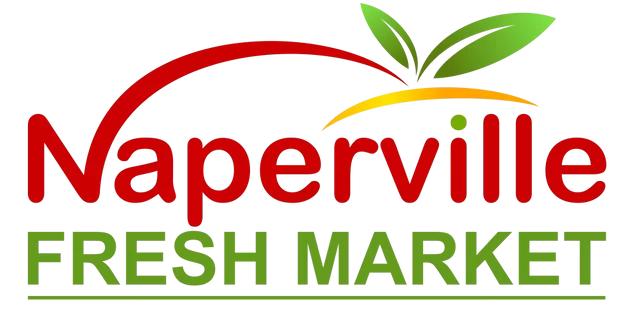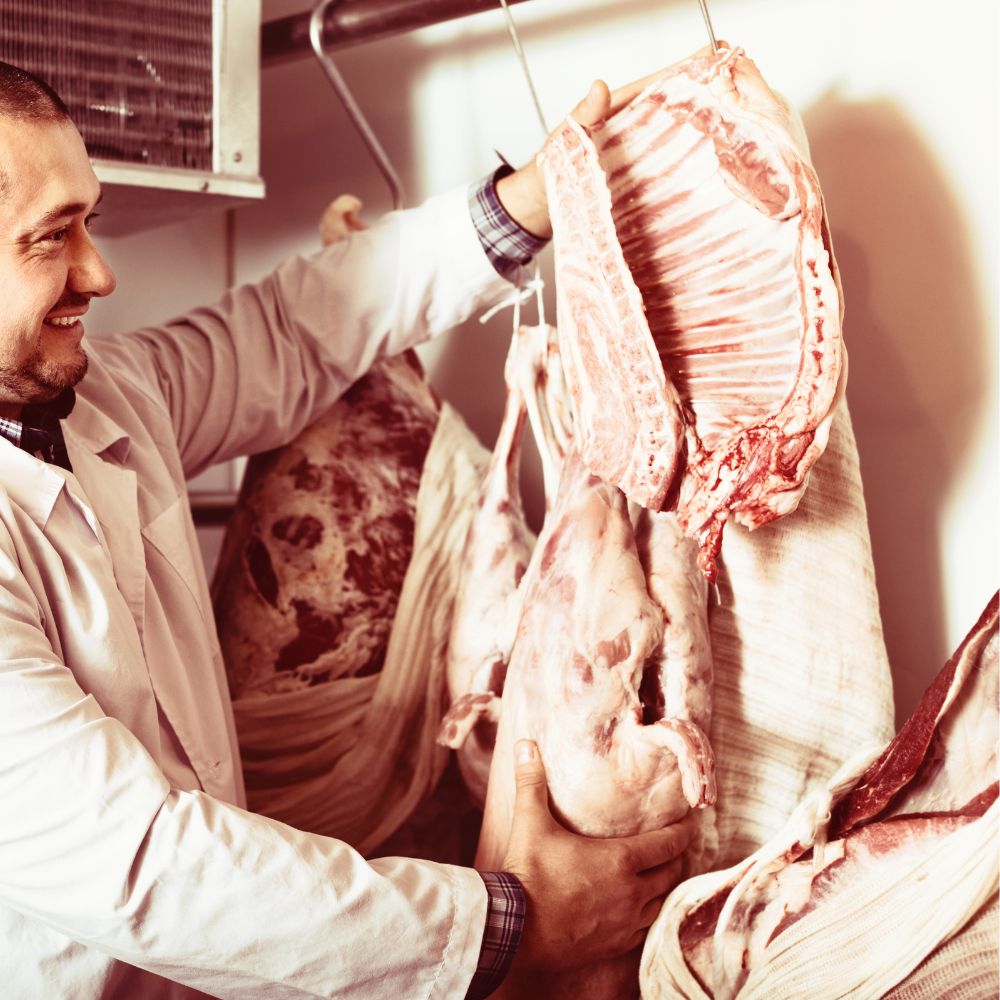As the demand for halal meat continues to rise, supermarkets play a crucial role in sourcing and providing high-quality halal products to consumers. Ensuring that halal meat meets both religious requirements and rigorous quality standards involves a meticulous process that prioritizes transparency, integrity, and compliance. Let’s delve into how supermarkets navigate the sourcing of halal meat to uphold quality and compliance with halal principles.
Commitment to Authenticity: Partnering with Trusted Suppliers
One of the key factors in sourcing halal meat is establishing partnerships with trusted suppliers who adhere to halal-certified practices. Supermarkets often work closely with reputable halal-certified suppliers and producers to ensure the authenticity and integrity of their halal meat offerings. These suppliers undergo stringent certification processes, which involve thorough inspections, audits, and adherence to strict halal guidelines set forth by certifying authorities.
By partnering with certified suppliers, supermarkets can guarantee that their halal meat products are sourced from reputable sources that uphold the highest standards of halal integrity. This commitment to authenticity not only fosters consumer trust but also ensures compliance with religious dietary requirements.
Stringent Quality Control Measures: From Farm to Shelf
From the moment halal meat is sourced from suppliers to its display on supermarket shelves, rigorous quality control measures are implemented to maintain freshness, safety, and compliance. Supermarkets employ comprehensive quality assurance protocols that encompass every stage of the supply chain, from farming and processing to packaging and distribution.
These measures include regular inspections of facilities to ensure compliance with halal standards, as well as monitoring the handling and transportation of halal meat to prevent contamination or cross-contamination. Additionally, supermarkets invest in advanced technologies and equipment to maintain optimal storage conditions and preserve the quality and integrity of halal meat products.
Transparency and Traceability: Providing Information to Consumers
In response to growing consumer demand for transparency and information regarding halal meat products, supermarkets prioritize providing clear labeling and detailed information to consumers. Labels indicating halal certification status, along with relevant information such as the source of the meat and the certifying authority, help consumers make informed purchasing decisions in accordance with their dietary preferences and religious beliefs.
Furthermore, supermarkets often offer educational resources and engage in community outreach initiatives to raise awareness about halal meat and its significance. By fostering open communication and transparency, supermarkets empower consumers to make confident choices when selecting halal meat products.
Sourcing halal meat involves a multifaceted approach that emphasizes authenticity, quality control, and transparency. Supermarkets play a vital role in ensuring that halal meat products meet the highest standards of quality and compliance with halal principles. By partnering with trusted suppliers, implementing stringent quality control measures, and providing transparent information to consumers, supermarkets uphold their commitment to delivering high-quality halal meat products that meet the diverse needs and preferences of their customers.
Learn More
The Rise of Halal Meat in Western Markets: Trends and Consumer Insights
The Health Aspects of Halal Meat: Nutritional Benefits Explored

